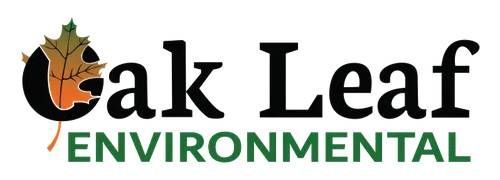FAQ's
Oak Leaf Environmental delivers fair-priced, professional services by certified and licensed experts for your environmental needs.
At Oak Leaf Environmental, we understand that environmental testing and remediation can be complex. Here are answers to some of the most common questions about our services, from mold testing to air quality assessments. If you have more questions, feel free to reach out!
What is mold testing, and why is it important?
Mold testing involves analyzing air and surface samples to detect mold. It helps ensure your home or business is free from harmful mold, which can affect health and property.
How does asbestos testing work?
Asbestos testing involves collecting samples of materials suspected of containing asbestos and sending them to a lab for analysis. This ensures safe identification and handling of potential hazards.
Why should I test for radon in my home?
Radon is a radioactive gas that can enter homes and pose serious health risks. Testing helps identify and mitigate high radon levels to protect you and your family.
How can I get lead testing for my property?
Lead testing involves checking the environment for lead-based paint, dust, or soil. It's essential for older homes to ensure safety, especially if children are present.
What does air quality testing involve?
Air quality testing measures the levels of pollutants such as dust, allergens, and toxins in the air. It helps improve indoor air quality and protect your health.
What is VOC testing and why is it necessary?
VOC (Volatile Organic Compound) testing identifies harmful chemicals that can affect indoor air quality. Testing helps remove or reduce these toxins for a healthier environment.
How can duct cleaning improve my home’s air quality?
Duct cleaning removes dust, debris, and allergens from your HVAC system, improving air circulation and reducing health risks associated with poor air quality.
Why should I test my water?
Water testing ensures that your drinking water is free from harmful contaminants like bacteria, lead, and chemicals. It's essential for your family’s health and safety.
What does soil testing help with?
Soil testing analyzes nutrient levels and contaminants in the soil. It helps determine the health of your land and ensures optimal conditions for gardening or construction.
What do commercial inspections cover?
Commercial inspections assess the condition of a building, checking for structural integrity, environmental hazards (like mold or asbestos), and safety compliance. These inspections help businesses ensure a safe and healthy environment.
Quick Links
Location
Business Hours
- Mon - Fri
- -
- Sat - Sun
- Closed
All Rights Reserved | Oak Leaf Environmental

